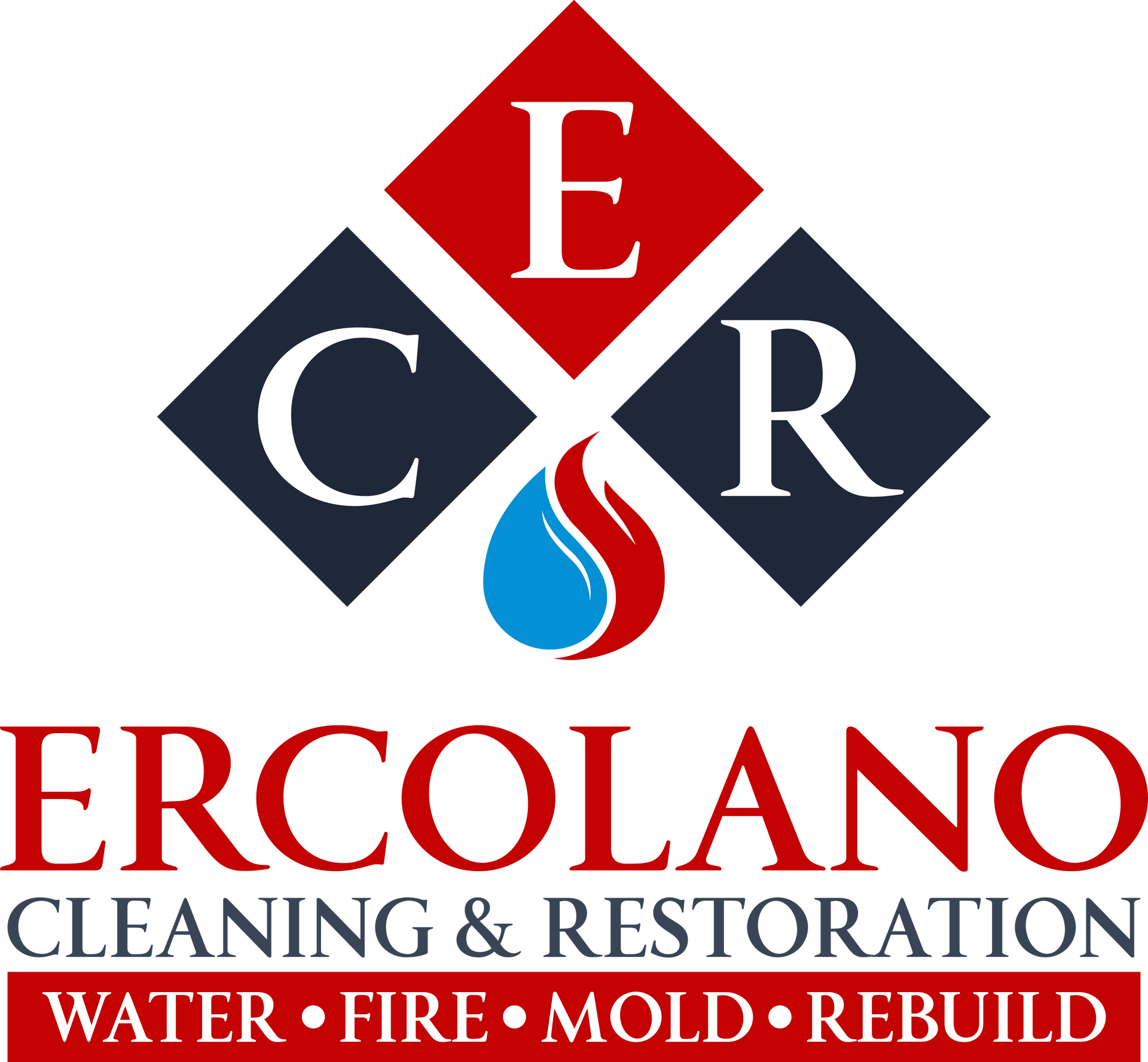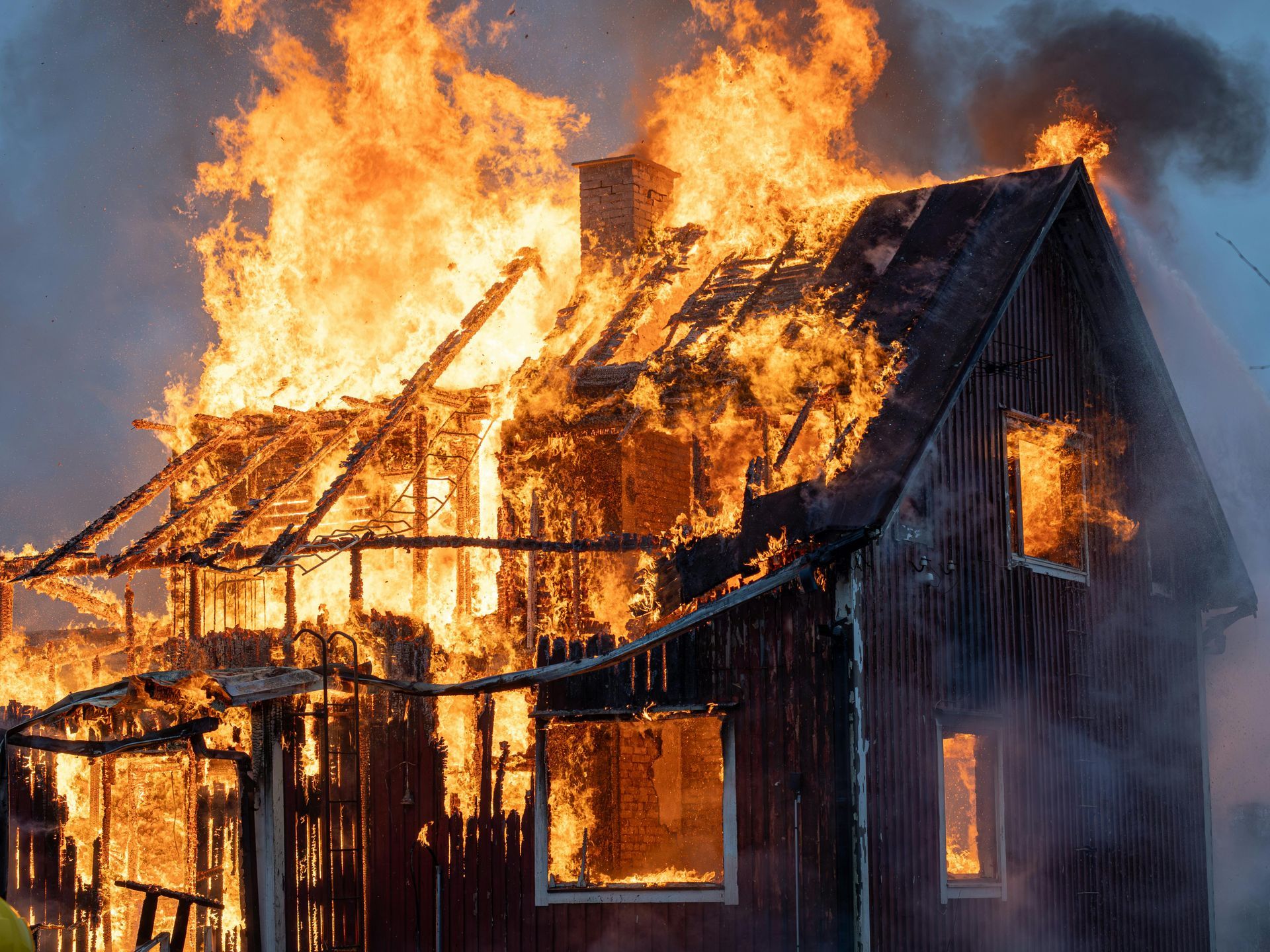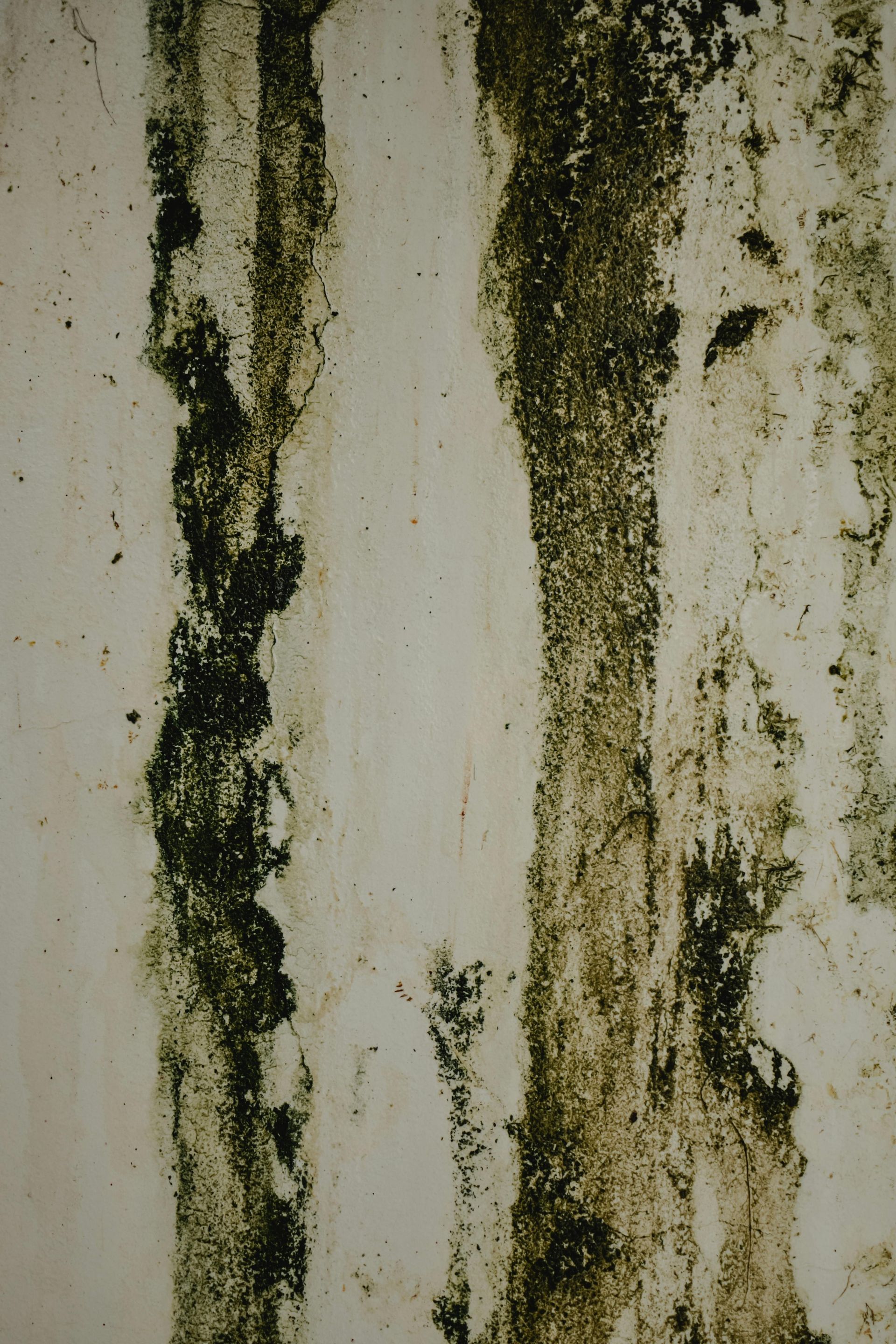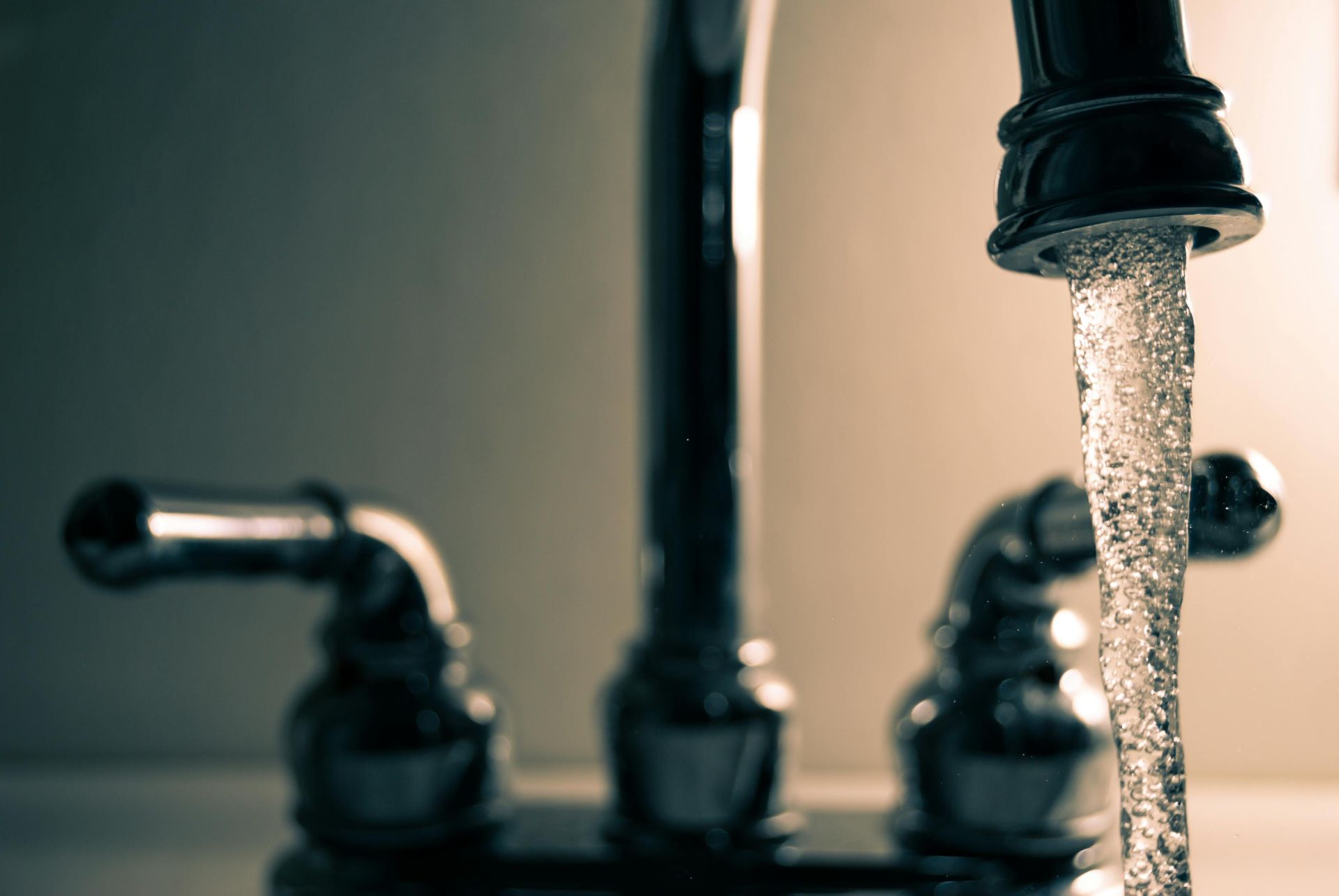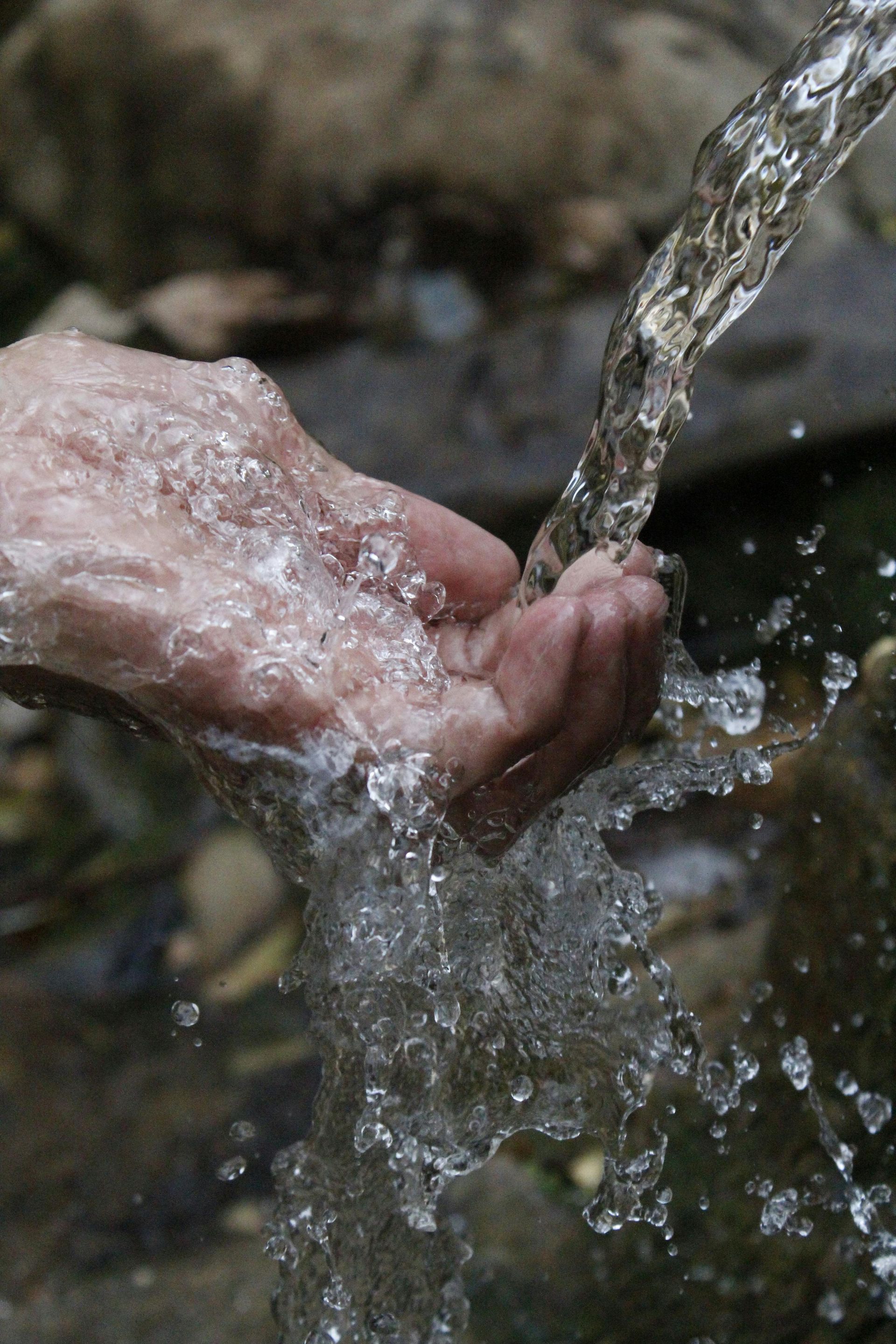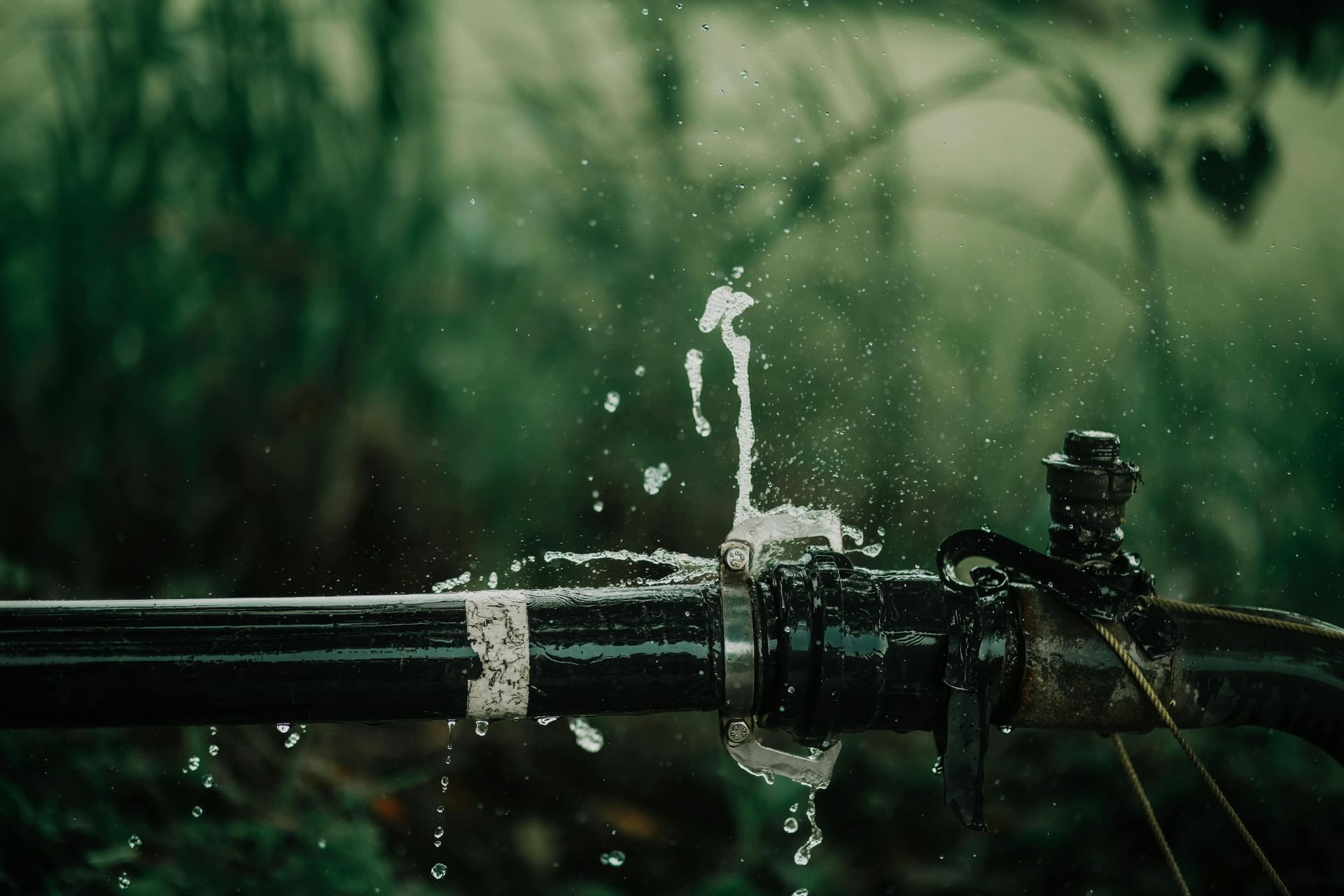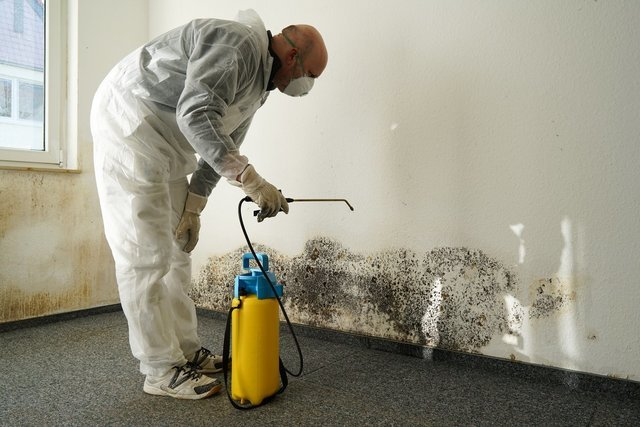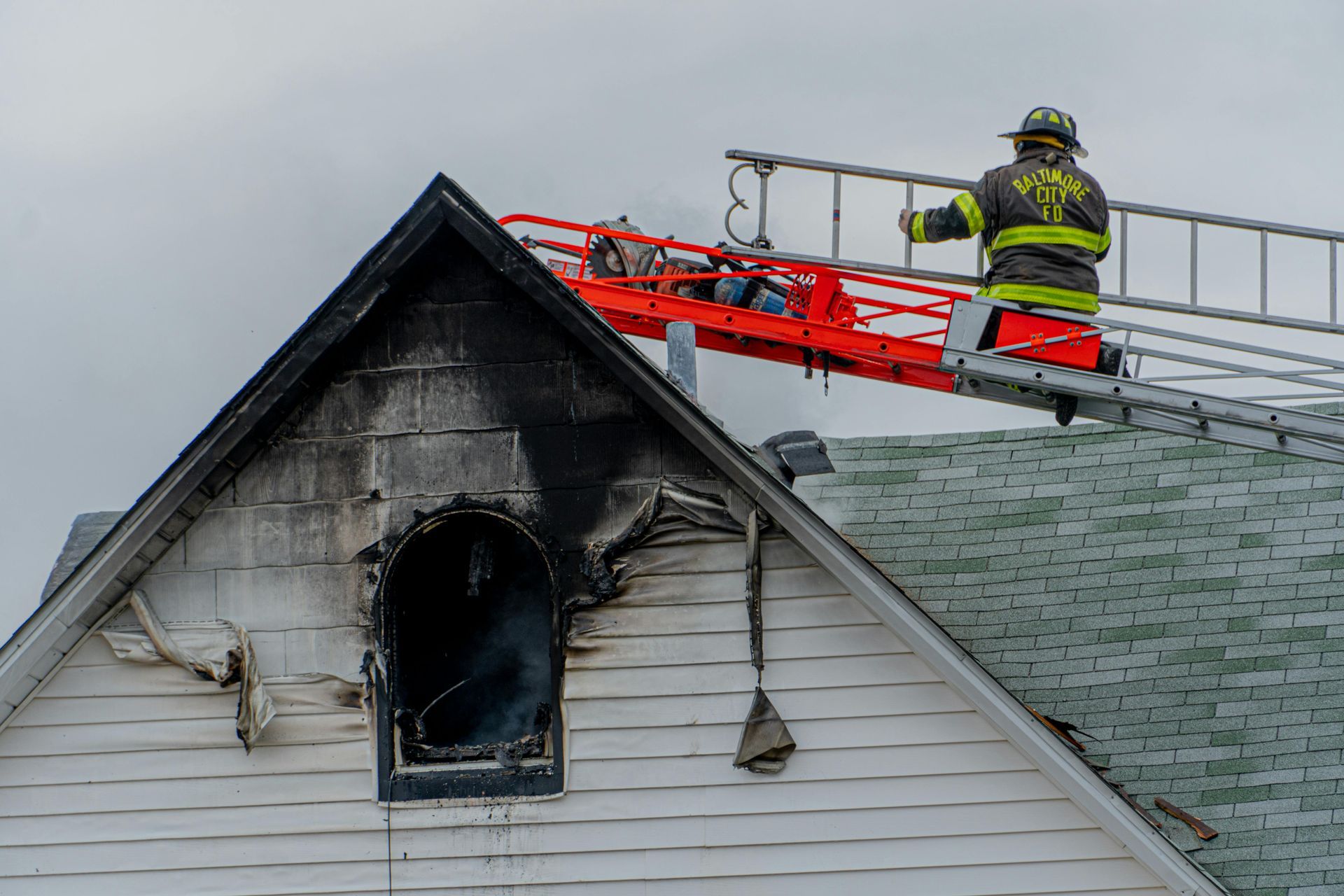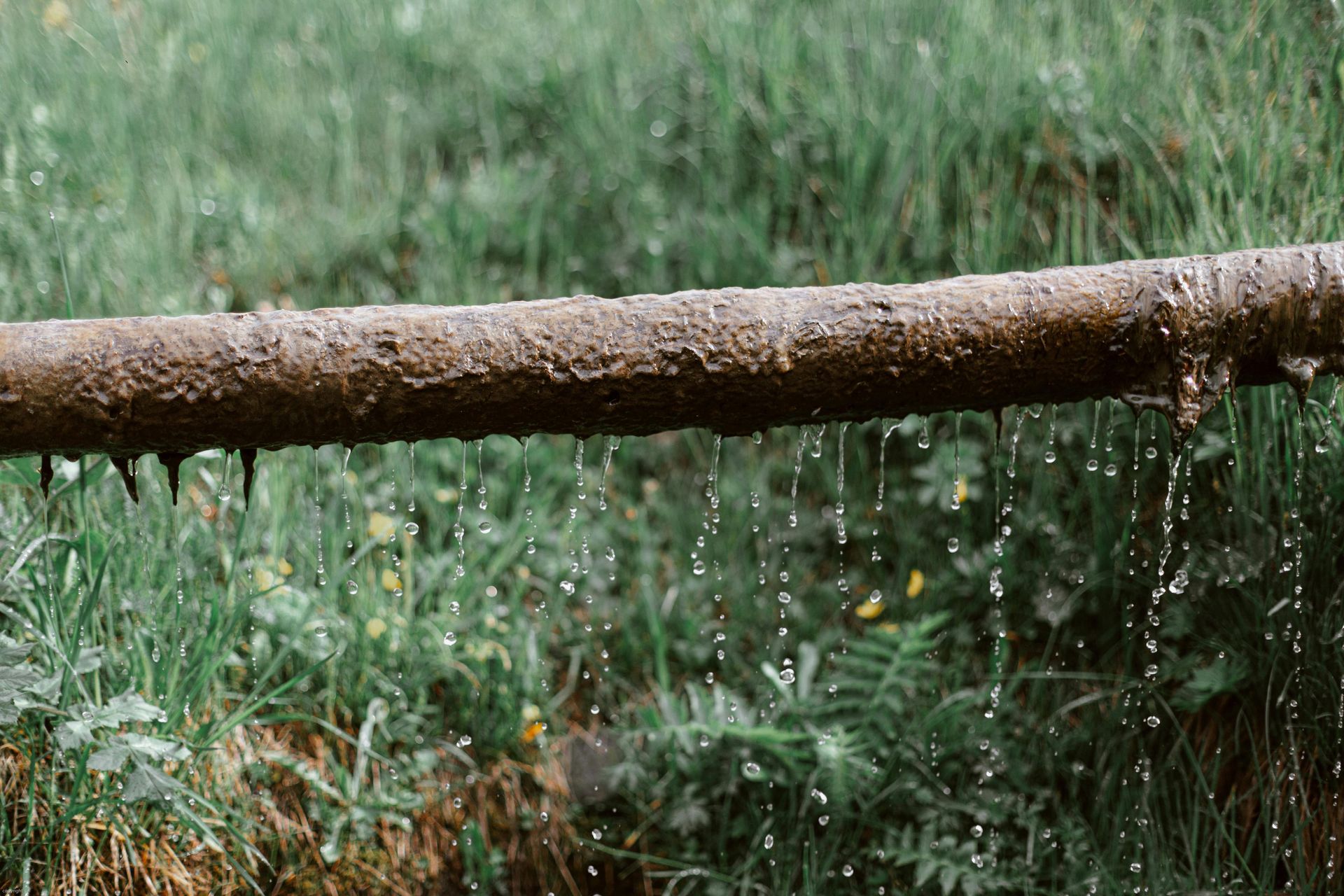How to Prepare Your Home for a Water Damage Emergency
How to Prepare Your Home for a Water Damage Emergency
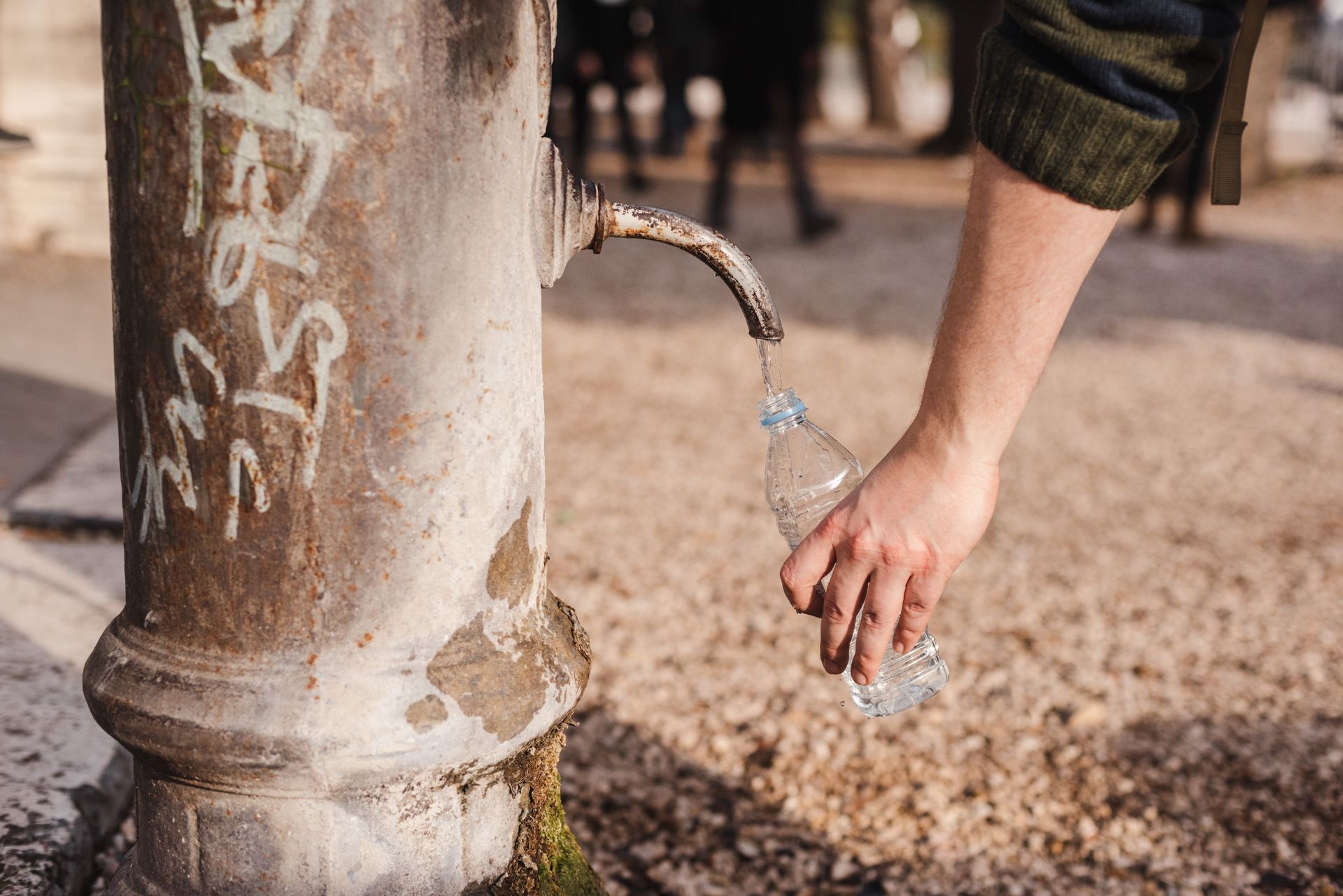
Water damage is one of the most common and costly disasters homeowners face. Whether it's caused by a natural disaster like a flood or a more localized issue such as a burst pipe or appliance malfunction, water can cause significant damage to your property, belongings, and even the structure of your home. However, the good news is that with proper preparation, you can mitigate the risks and minimize the damage in the event of a water emergency.
In this blog, we’ll explore essential steps to help you prepare your home for a water damage emergency. By taking proactive measures, you can protect your home and your family from the unpredictable nature of water-related disasters.
1. Know the Water Risks in Your Area
Before you can prepare your home, it’s essential to understand the specific water risks you face based on your location. Flood zones, heavy rainfall, and common plumbing issues vary by region, and understanding these risks can help you plan effectively.
How to Assess Your Water Risk:
- Flooding: Check local flood maps to determine if your home is in a flood-prone area. In some regions, flash floods can occur with little warning, while coastal homes may be vulnerable to storm surges.
- Plumbing Issues: Homes with aging or faulty plumbing are more susceptible to leaks and burst pipes. If you live in an older home, consider upgrading your plumbing to prevent future issues.
- Severe Weather: Areas prone to hurricanes, heavy snowmelt, or seasonal storms may experience sudden water damage.
By understanding your region’s risks, you can take the necessary steps to prepare your home accordingly.
2. Install Water Detection Devices
One of the most effective ways to prevent significant water damage is by installing water detection devices throughout your home. These devices can alert you to leaks or excess moisture, allowing you to take action before the damage becomes severe.
Types of Water Detection Devices:
- Water Leak Detectors: These devices are typically placed near common sources of water leaks, such as washing machines, water heaters, and under sinks. They will sound an alarm if they detect moisture.
- Flood Sensors: For areas prone to flooding, flood sensors can be placed in basements or lower levels of the home. These sensors alert you when water levels rise, giving you time to respond.
- Smart Home Integration: Some advanced water detection systems can be integrated with your smart home devices, allowing you to receive notifications on your phone when a leak is detected.
Early detection can make a significant difference in minimizing damage, so investing in these devices is a smart precaution for any homeowner.
3. Maintain Your Plumbing System
A well-maintained plumbing system is crucial in preventing water damage emergencies. Many water-related disasters, such as burst pipes, leaks, or overflows, are caused by poor maintenance or aging plumbing.
Plumbing Maintenance Tips:
- Regular Inspections: Have a licensed plumber inspect your plumbing system periodically to identify potential issues, such as corrosion, leaks, or weak spots.
- Know the Main Water Shut-Off Valve Location: In the event of a burst pipe or major leak, shutting off the water supply immediately can minimize damage. Make sure everyone in your household knows the location of the main water shut-off valve.
- Replace Old or Worn-out Pipes: Older homes may have outdated pipes that are more prone to leaks and bursts. If your home has old pipes, consider upgrading to more durable materials like copper or PEX.
Regular maintenance and knowledge of your plumbing system will help you address potential issues before they turn into emergencies.
4. Create a Water Damage Emergency Plan
While you can’t predict when water damage might occur, you can prepare an emergency plan that outlines specific actions to take if disaster strikes. A well-structured emergency plan will guide your family through the necessary steps to protect both your home and your safety.
Key Elements of a Water Damage Emergency Plan:
- Evacuation Routes: If water damage is severe, evacuating may be necessary. Identify safe routes out of your home, especially in areas prone to flooding.
- Emergency Contacts: Maintain a list of important emergency contacts, including your insurance company, a trusted restoration company (like Ercolano Cleaning & Restoration), and local authorities.
- Water Shut-Off Instructions: Include clear instructions for shutting off the water supply and electricity to prevent further damage or electrocution risks.
- Emergency Supplies: Keep an emergency kit stocked with essentials, including flashlights, batteries, bottled water, and first-aid supplies, in case you need to evacuate or deal with prolonged water exposure.
Having an emergency plan in place reduces stress and ensures that everyone knows what to do in the event of water damage.
5. Seal Windows and Doors
Water can easily seep through cracks in windows and doors, especially during heavy rainfall or flooding. Sealing these openings can prevent water from entering your home and reduce the risk of significant water damage.
How to Seal Windows and Doors:
- Weatherproofing: Install weatherstripping around windows and doors to create a tight seal and prevent water from getting in.
- Caulking: Use high-quality caulk around the edges of windows, doors, and any other gaps in the walls. This will prevent water from leaking through during storms.
- Window Wells and Drains: For homes with basement windows, make sure window wells are clear of debris and have proper drainage to direct water away from the windows.
By sealing these entry points, you can prevent water from infiltrating your home during a storm or flood, minimizing the potential for damage.
6. Elevate Valuables and Electrical Systems
In areas prone to flooding or water damage, elevating valuables and electrical systems is a proactive step that can minimize damage in the event of an emergency.
Protecting Your Home’s Valuables:
- Move Valuables to Higher Ground: If you live in a flood zone or low-lying area, move valuable items such as electronics, important documents, and furniture to higher levels of your home. Consider using waterproof storage bins for items that need extra protection.
- Elevate Electrical Appliances: Appliances such as water heaters, washers, and dryers should be elevated above the potential flood line. This can prevent them from being damaged by water and avoid electrical hazards.
Taking these precautions ensures that your important belongings are safe from water damage and minimizes the risk of electrical accidents.
7. Regularly Clean Gutters and Drains
Clogged gutters and drains can lead to water buildup, causing leaks and potential flooding in your home. Regular maintenance of these systems is vital for preventing water damage emergencies.
How to Keep Gutters and Drains Clear:
- Clean Gutters Regularly: Ensure that your gutters are free of debris, such as leaves, dirt, and twigs. Clean them at least twice a year, especially before the rainy season.
- Check Downspouts and Drains: Ensure that downspouts direct water away from your home’s foundation. Make sure drains are clear and functioning properly to prevent water from pooling around your home.
By maintaining your gutters and drainage systems, you can prevent water from accumulating around your home’s foundation, which could lead to serious water damage.
Prepare Your Home for a Water Damage Emergency
Preparing your home for a water damage emergency is a proactive step that can save you time, money, and stress in the long run. From knowing your water risks to maintaining plumbing systems and sealing entry points, these precautions will help protect your home from water damage. Having a water damage emergency plan in place ensures that you can respond quickly and efficiently, minimizing the potential for serious damage. If you need assistance in preparing your home for a water damage emergency, Ercolano Cleaning & Restoration is here to help. Our team of experts can provide water damage assessments, guide you through water prevention steps, and offer emergency restoration services if a disaster strikes. Contact us today to learn more about how we can help you protect your home and restore it quickly in the event of water damage. Let us give you peace of mind knowing that your home is in safe hands!
